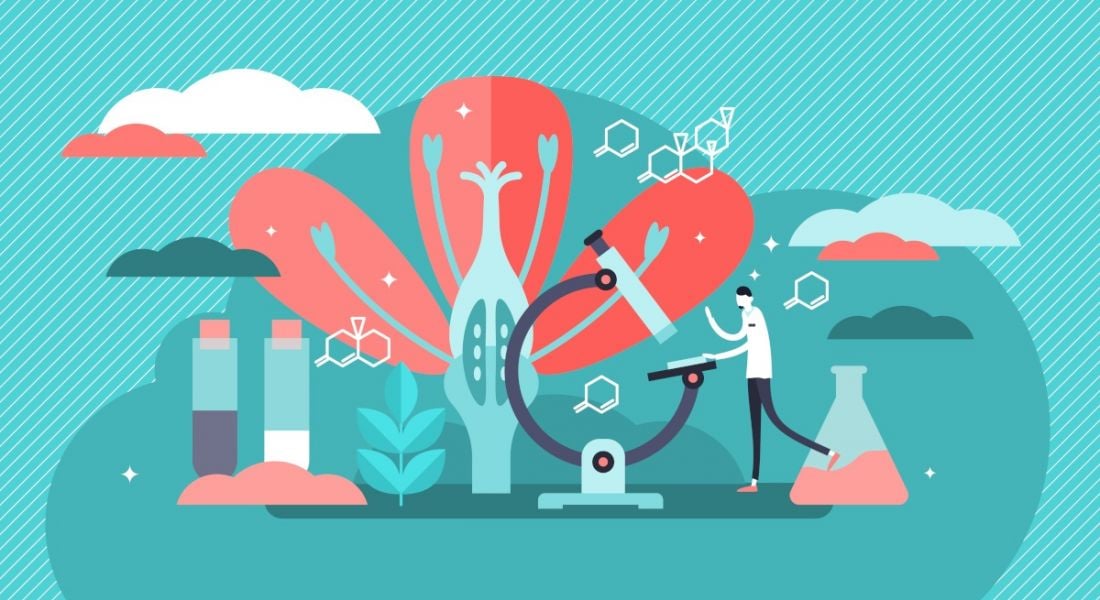With near full employment in the Irish market, recruiters in the life sciences need to up their game to entice the best people.
Ireland’s workforce is currently in a very healthy position, with high employment across sectors. The flip side however, for rapidly evolving industries such as the life sciences, is the increased emphasis on staying on top of hiring trends and challenges.
For Robert Toth, the talent acquisition partner at Viatris, this is a magnificent opportunity for employers to experiment with recruitment policies and inject some new energy into an old process.
“Ireland’s workforce across all industries is trending to near full employment,” he says. “This ultimately means that companies, including Viatris, need to be even more creative in their recruitment efforts, by providing a strong value proposition.”
Toth notes that this endeavour will have to move beyond the standard practices and genuinely reflect the interests and goals of future and current staff. These days employees are highly conscious of the effect they have on the environments they work in.
“In addition to the regular focus on a competitive compensation and benefits package, employees and candidates more and more like to know how they can make a difference in the world by working for Viatris. We are actively sharing what kind of work/life balance initiatives are offered, such as flexible remote work where the role allows, the impact we are making through community/sustainability efforts and wellbeing solutions.”
Louise Prendergast, director of HR for Sterile Drug Product Operations at Bristol Myers Squibb, also finds current hiring processes within the life sciences, and more specifically, biopharma, to be an incredibly competitive system.
She explains the “demand for professionals possessing specific skillsets,” is considerable, driven largely by “numerous companies looking for similar talent pools.”
Amid the construction phase of a new sterile drug product facility at the Cruiserath campus, Prendergast says “we are witnessing a significant trend of former employees returning to join, both for ongoing operations and the development of our new facility. This is a true testament to how we work hard to create a culture where employees want to work, thrive and progress.”
What advice does she have for candidates looking to make their mark in the biopharma industry? “Thorough research is very important. Prospective employees should evaluate how the position aligns with their past experiences and contributes to their career in the future,” she says.
Transferable skills
Associate director of global talent acquisition Ireland at MSD Stephen Burke believes cross-sector hiring is emerging as a positive trend within the life sciences.
He says that “cross-sector hiring is becoming a lot more prominent, which is a great thing in terms of bringing diverse skillsets and perspectives.
“At MSD Ireland, we’re keen to hear from people from all backgrounds. You don’t need to have experience in pharma specifically in order to succeed within our network. There are so many transferable skills beyond pharma that we want people to bring into their role.”
This is echoed by Barry Heavey, the global head of life science supply chain and industry X at Accenture. He explains that companies with “exciting portfolios,” are beginning to focus on hiring people with data science skills and expertise in AI and generative AI.
“There is a growing realisation that advanced analytics and generative AI will be needed to help these companies keep pace with innovation and remove complexity in their supply chains.”
For the ambitious candidates looking to stand out from the crowd, Heavey advises applicants to expand their knowledge base. “Most candidates for roles in the life sciences industry have a degree in science or engineering and I see many graduates going on to do master’s degrees in business to augment their qualification and be more business focused.”
“But an interesting alternative would be to go deeper into postgraduate education in data science and AI. I believe this would be quite a compelling way to stand out in life sciences, demonstrating an understanding of the complexities of life sciences and demonstrating the skills to deconvolute that complexity through data analytics.”
Community first
The underlying reason, of course, for putting so much effort into hiring the right people is that, as most recruiters would agree, people and the wider community essentially keep the engine running.
“We love to see candidates that share that commitment and excitement to help make a difference to people’s lives, in Ireland and around the world,” says Burke.
“So many aspects of our work and our culture are focused on making a positive impact. So, it’s great to hear from candidates who show enthusiasm to be part of a team working for something bigger.”
Find out how emerging tech trends are transforming tomorrow with our new podcast, Future Human: The Series. Listen now on Spotify, on Apple or wherever you get your podcasts.




